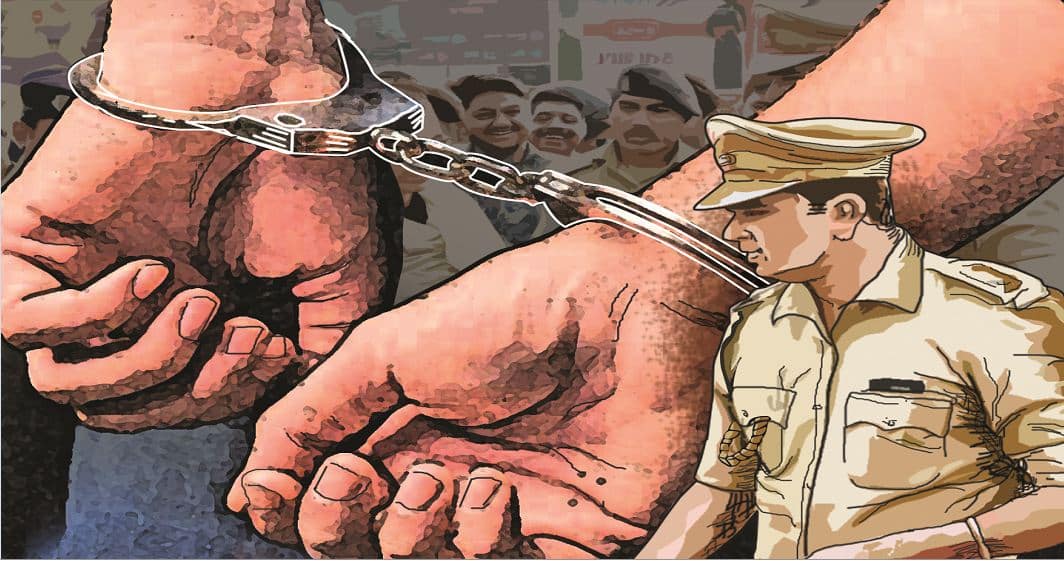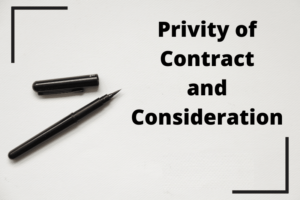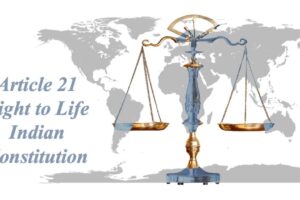
SHIELDING PROVISIONS OF PREVENTIVE DETENTION IN INDIA
One of the few nations in the world with an extensive history of preventive detention is India. Since preventive detention has resulted in human rights breaches by powerful police officials, the concept of preventive custody is hotly contested. It is claimed to be one of the draconic and anarchic regulations that the British colonial masters imposed.
Preventive Detention Meaning
- The preventive detention meaning is when a person placed in preventive custody does not get a court trial or conviction. Its objective is to keep someone from committing an offense in the near future rather than to penalize them for a previous offense.
- A person’s detention cannot last beyond three months, provided an advisory board finds good reason to hold them longer.
Preventive Detention: Justifications
The following are the justifications for preventive detention:
- Defense, foreign affairs, security of India,
- Preservation of public order, supply and
- Essential service maintenance, and security of the state.
Only one or more of these reasons may be used to hold someone without a trial. Article 19 and Article 21 guaranteeing personal liberty cannot apply to a detainee in preventative detention.
Article 22: The Constitution of India
Those who are imprisoned or arrested are protected by Article 22 of the Constitution of India.
Punitive and preventive detention are the two categories of detention. They are described as:
- After a person is found guilty of a crime and is given a trial, they may be placed in punitive detention.
- Conversely, preventive detention refers to holding someone in custody without allowing them to be tried and found guilty by a court.
Preventive Detention Laws: Nature
- A legal concept known as “preventive detention” allows authorities to detain people without a trial or charge in order to stop potential damage or hazards to public order.
- It is utilized when there’s the feeling is likely that someone could be committing crimes or harming national security.
- It typically serves as a short-term treatment, and in order to protect the broader public interest, the imprisoned person’s rights might be limited.
- Preventive detention laws achieve an equilibrium between individual liberties as well as public safety, which frequently leads to legal and moral discussions on the most effective way to strike this equilibrium.
Preventive Detention: Safeguarding Procedures
- First off, a person may initially be placed in preventive custody for a maximum of three months. Should the detention duration be beyond three months, the matter needs to be brought before an Advisory Board made up of individuals who meet the requirements to be appointed as High Court judges.
- It is implied that the Advisory Board’s consent is required before the detention time can be prolonged past three months.
- A detainee has a right to know why he is being held. However, if disclosing the reasons for detention serves the public interest, the state may choose not to do so. It goes without saying that this power granted to the state allows for the authorities to act arbitrarily.
- The person in custody must be given as many chances as possible to challenge their detention, according to the detaining authority.
- These measures are intended to reduce the possibility of preventive detention being abused. Preventive detention, which is essentially a denial of liberty, is included in the section on fundamental rights because of these protections.
Role of the Judiciary: Constitutional Validity
The important landmark rulings of preventive detention CrPC from the judiciary point of view are as follows:
- In the case of Ahmed Noor Mohamad v State of Gujarat, Section 151 of the Cr PC permits the police to arrest and detain individuals without a warrant in order to stop them from committing a crime. The court upheld this authority, ruling that a provision cannot be deemed unreasonable or arbitrary, and therefore unconstitutional, just because there is a possibility that a police official will abuse their position.
- In the case of AK Gopalan v State of Madras, the Preventive Detention Act’s legitimacy was maintained by the Court. Furthermore, the Court decided that comprehensive procedural protections against preventative detention are also provided under Article 22 of the Constitution. Because the contested conduct complied with all of the procedural safeguards outlined in Article 22 (5), the Court concluded that no basic rights were violated.
Preventive detention CrPClaws cannot be overturned on the fictitious grounds that they are intended to restrict people’s liberties, provided that they are formed within the framework of legislative entry and do not violate any conditions or constraints on such power. In this regard, a moral evaluation is necessary because, on the one hand, it is imperative to respect the lives as well as the freedoms of a wide swath of society, and, on the other, it is necessary to tend to the needs of the detained individual.



